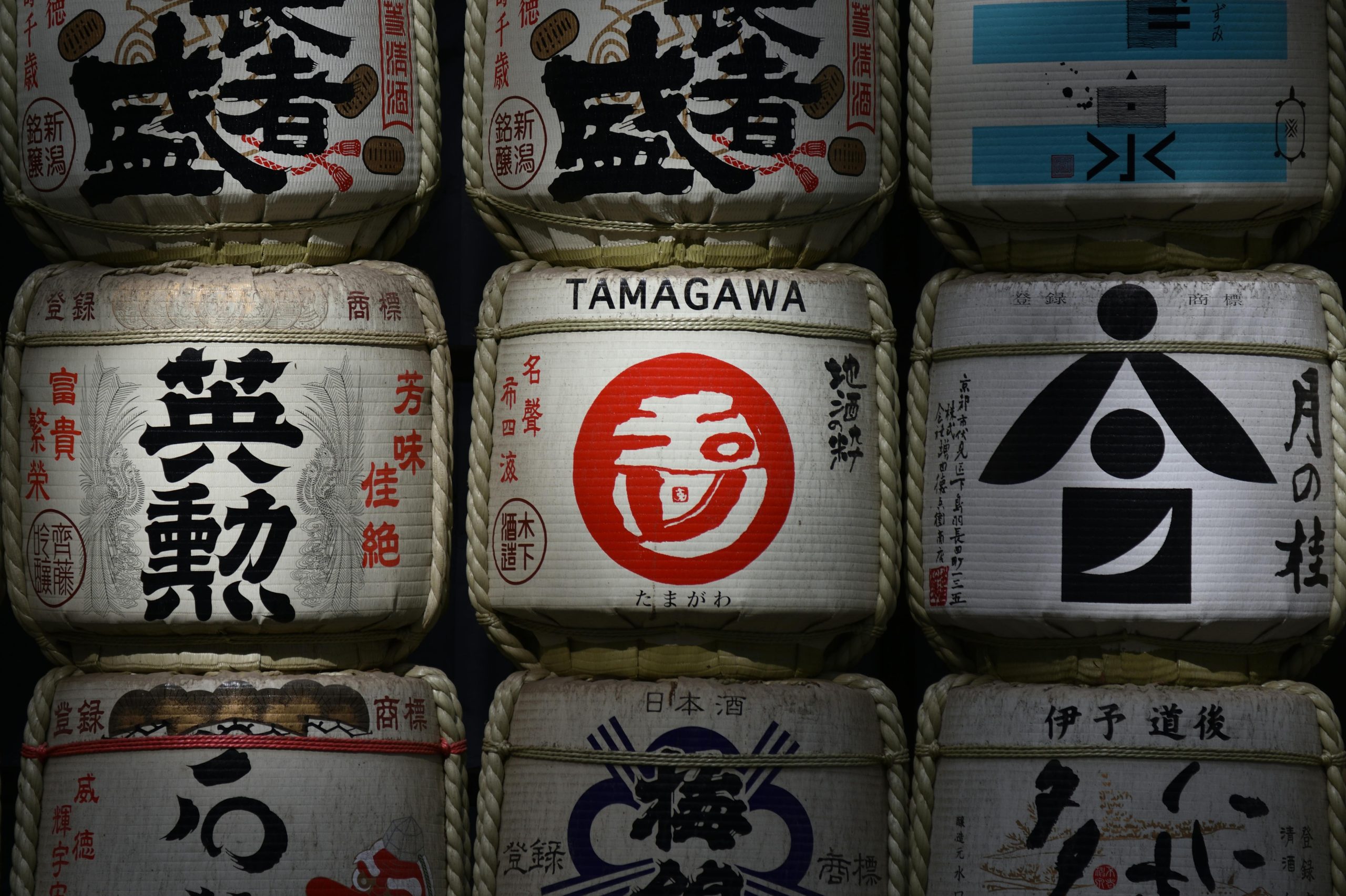Your cart is currently empty!

Steven Coulson
Steven has been drinking beers, wines and spirits for decades and has a propensity to go about them at length after a few drinks.
Latest Posts
- My wife found out our favorite Gin for martinis was discontinued. I think we are good for a while…

- Oregon Road Trip: Freeland Spirits Garden Botanicals Gin

- Botanist with Trader Joe’s Lemon and Elderflower Soda

- I’m one of the worlds leading buyers of craft gin in the world and a international spirit judge AMA

- I’m blown away…. By how let down I am by this Gin.

Categories
Tags
Social Links

Exploring the Psychoactive Qualities of Hops in Beer
When it comes to beer, the conversation often revolves around ingredients, flavors, and fermentation processes. Among the myriad elements contributing to a beer’s character, hops have long been revered not only for their flavor but perhaps for some intriguing psychoactive effects as well.
Recently, I shared my personal experience with India Pale Ales (IPAs), particularly those with high International Bitterness Units (IBUs), noting that they offer a distinct experience for me compared to more traditionally hopped beers. The feedback I received was varied—some fellow beer enthusiasts echoed my sentiments, while others suggested that it might be the elevated alcohol content that made the difference.
In my quest to delve deeper, I’ve set out to conduct some experiments. For instance, I sampled “Cold” IPAs, which, despite having lower hop content, maintain a comparable alcohol by volume (ABV) to traditional West Coast IPAs. Conversely, Imperial IPAs present a paradox: they often boast significant alcohol levels yet contain fewer hops. Interestingly, neither of these varieties resonated with me, whereas a well-crafted West Coast IPA with a moderate ABV hits the sweet spot.
What intrigues me most is the experience I attribute to hoppiness. It feels distinctly different from the effects of alcohol; it’s more cerebral and invigorating. This has led me to ponder the possibility that hops may indeed possess psychoactive properties under certain conditions. I wonder if the fermentation process makes the compounds in hops more bioavailable and if their effects are intensified when paired with alcohol. Perhaps the interaction allows specific compounds to pass through the blood-brain barrier more effectively, resulting in heightened sensations of euphoria.
It’s essential to clarify that I’m not experiencing any adverse reactions typically associated with hops sensitivity—there are no hives or discomfort, just a pleasant uplift in mood.
This brings us to an intriguing question: Why have hops been a staple in brewing for centuries? Historically, beer did not originally contain hops, so what prompted their widespread adoption? It seems that once the potential of hops was discovered, there was a consensus that they belonged in beer, suggesting there’s a fundamental reason for their ubiquity.
In summary, the connection between hops and a unique sensory experience shouldn’t be overlooked. As I continue to explore this phenomenon, I’m eager to unravel the mysteries surrounding hops and their place in our beloved brews. Whether you’re a casual drinker or a seasoned connoisseur, the conversation about hops and
